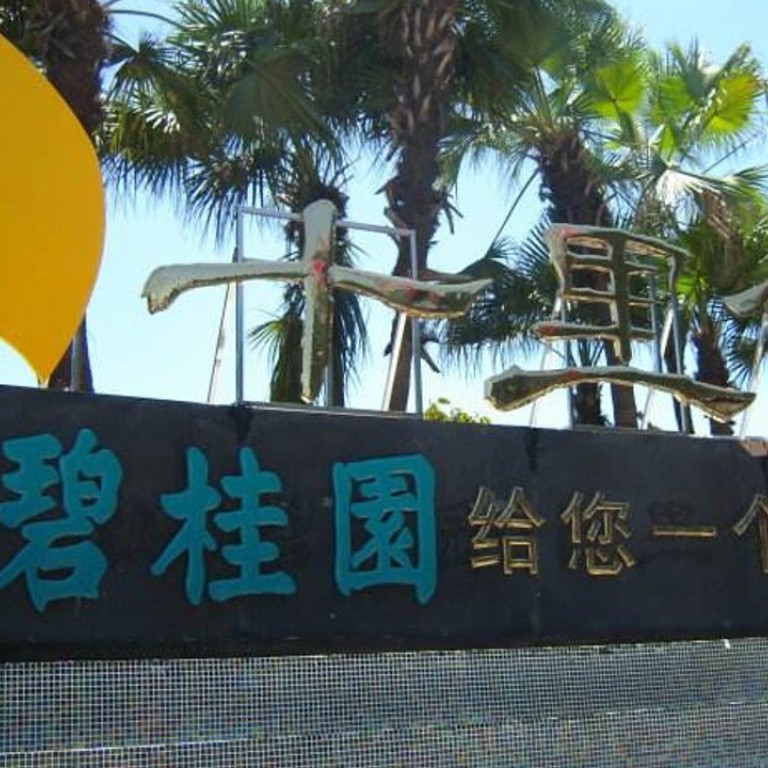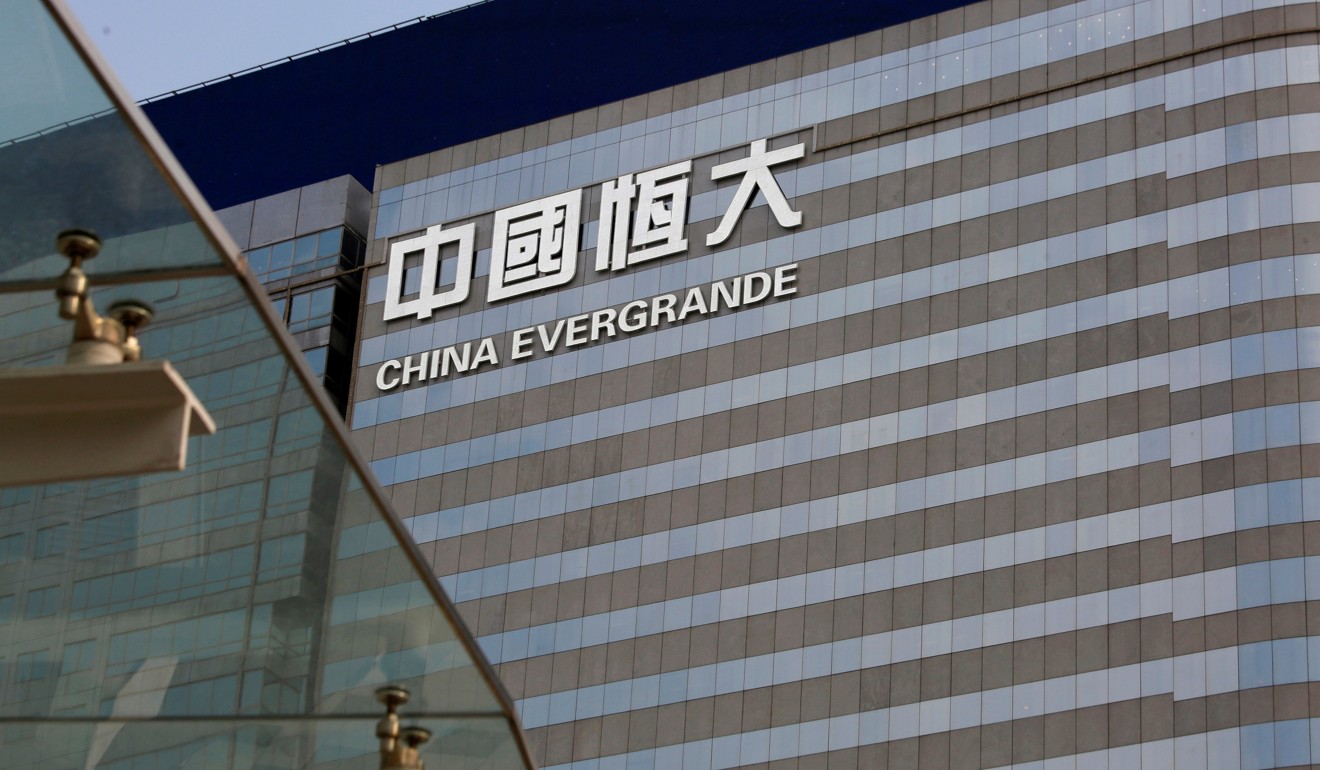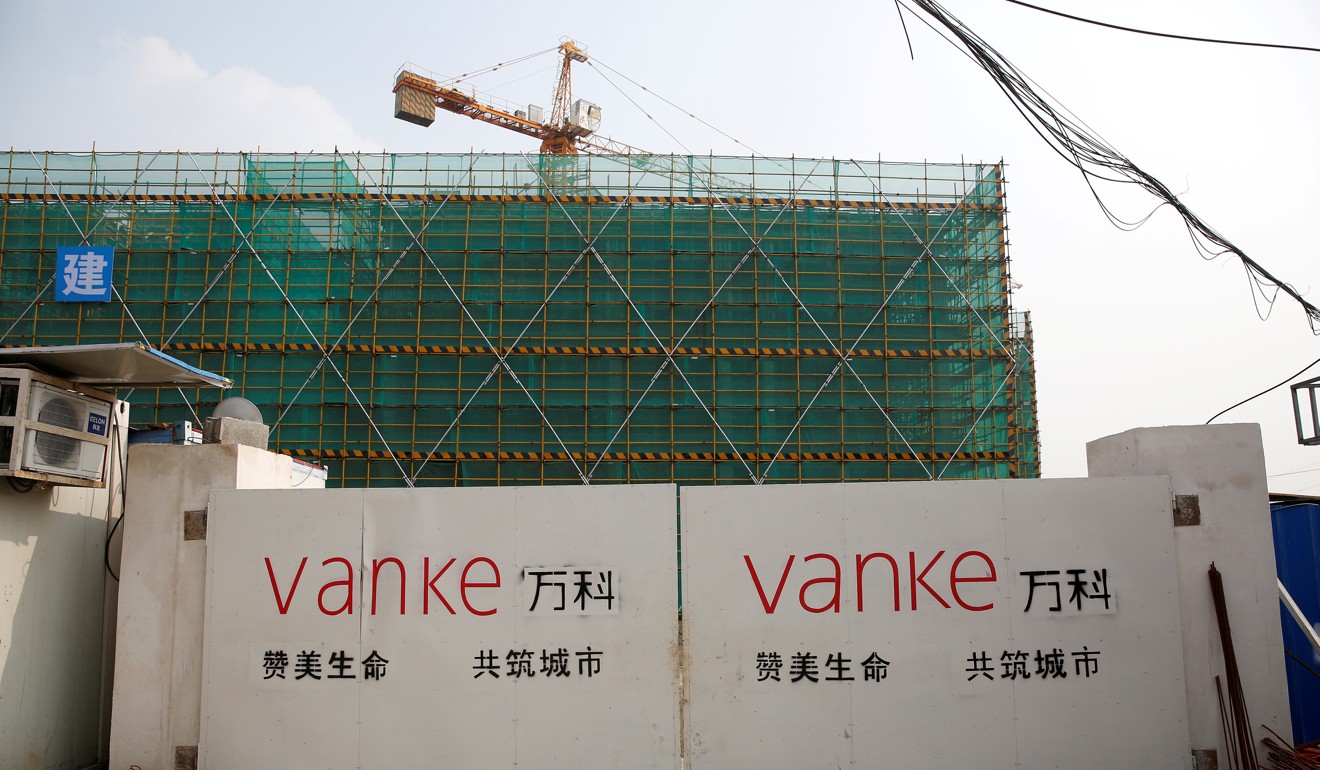
Sales at China’s top developers plunge in November as property market stares at year of recession
- Sales at Country Garden and China Evergrande decline even after they lower prices
- Rival China Vanke’s November sales however rise 68pc year on year
Two of China’s top three leading property developers saw their November sales plunge even after cutting prices by nearly a third at some of their projects, as fears of a housing recession grows larger.
China Evergrande, the country’s third-largest property developer by sales, reported on Tuesday that contracted sales declined 29 per cent to 34.1 billion yuan (US$5 billion) in November from a year earlier, a day after Country Garden Holdings, the nation’s biggest developer, posted sales drop of 16 per cent to 33.8 billion yuan.
China property: how the world’s biggest housing market emerged
Country Garden had reduced prices in two cities during the National Day holiday week beginning October 1 as part of a marketing strategy to capitalise on the traditional peak season for property sales. But this led to protests from angry buyers who had paid full price before the discounts were announced.

Evergrande has also slashed prices at some of its new projects in September and October, offering discounts up to 26 per cent of the value of flats.
“The significant price cut has done serious damage to the developer [Country Garden],” said Alan Jin, property analyst at Mizuho Securities.
It was the second time that Country Garden posted a decline in sales, with August’s takings falling 8 per cent to 31.33 billion yuan from a year earlier.
A fifth of China’s urban housing supply lies empty, equivalent to 50 million homes
However, sales in the first 11 months of 489.74 billion yuan were still 30 per cent higher compared to the same period last year. Sales in the first half alone stood at 310.82 billion yuan.
China Vanke however reported a bumper November. The country’s second-largest property developer by sales on Tuesday said contracted sales increased 68 per cent to 58.3 billion yuan from a year earlier. It was higher than the 54 billion yuan recorded in October.

China’s property market has seen a U-turn in the second half of this year after a long period of growth, forcing developers to come up new marketing strategies, including price discounts and compensations to drum up sales.
In July, the Communist Party Politburo, China’s top decision-making body, issued a stern statement after the housing market showed no signs of cooling. It said “rises in home prices should be firmly curbed,” removing the word “excessive” from the phrase used in its previous policy stance, showing that it was determined in controlling the rapid home price increases.
Bloomberg reported last month that China’s housing market could be facing a year of recession, citing forecasts from securities firm China International Capital Corporation (CICC), S&P Global Ratings and CGS-CIMB Securities.
CICC said new home sales could slide 10 per cent, while S&P Global Ratings said prices may fall by as much as 5 per cent and CGS-CIMB Securities predicted a 10 per cent decline in prices and sales volumes.
China’s housing market facing ‘year of recession’, securities firm says
Jin said that while most developers were still holding up well for the time being, they fear this could become a common industry trend next year.
“It is just a start,” said Jin. “Mainland developers will no longer set aggressive sales target as they all know it will be difficult to meet in the coming year.”
Moody’s Asian Liquidity Stress Indicator in October showed tight liquidity conditions for rated Chinese property developers because of their high refinancing needs.
This will force cash-strapped developers to lower prices to unload their units to collect money as quickly as possible.


